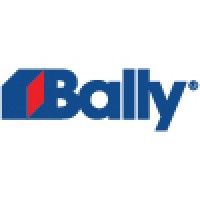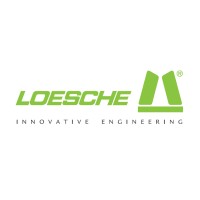
Bally Refrigerated Boxes, Inc.
Bally Refrigerated Boxes, Inc. has seen many changes in its 76 years. Founded in Bally, Pennsylvania, as a Case and Cooler company Bally first earned its reputation by using only the best materials and finest craftsmanship to create refrigerated display cases. During WWII Bally produced walk-in coolers for the armed forces and continued to expand. In the 1960s Bally introduced the urethane insulated modular building panel; revolutionizing the walk-in industry. In the following decades Bally entered international markets and used the patented Speed-lok joining system to complete commercial, industrial, and institutional modular buildings faster and more efficiently than conventional methods. Today, Bally has a state-of-the-art facility in Morehead City, North Carolina, and still retains a sales force in PA. With this expansion a Texas-based brand, Cold Vault, was introduced allowing Bally to reach a wider audience. Bally Refrigerated Boxes, Inc. continues to manufacture quality products and is well known in the industry for its commitment to continuous product improvement. While Bally continues to meet the increasingly sophisticated technological needs for the modern world, the values of the past are staunchly upheld. Continuing product development, market diversification, its traditional dedication to quality craftsmanship, and the team effort of its employees promise continued strength and industry leadership for Bally Refrigerated Boxes, Inc.






